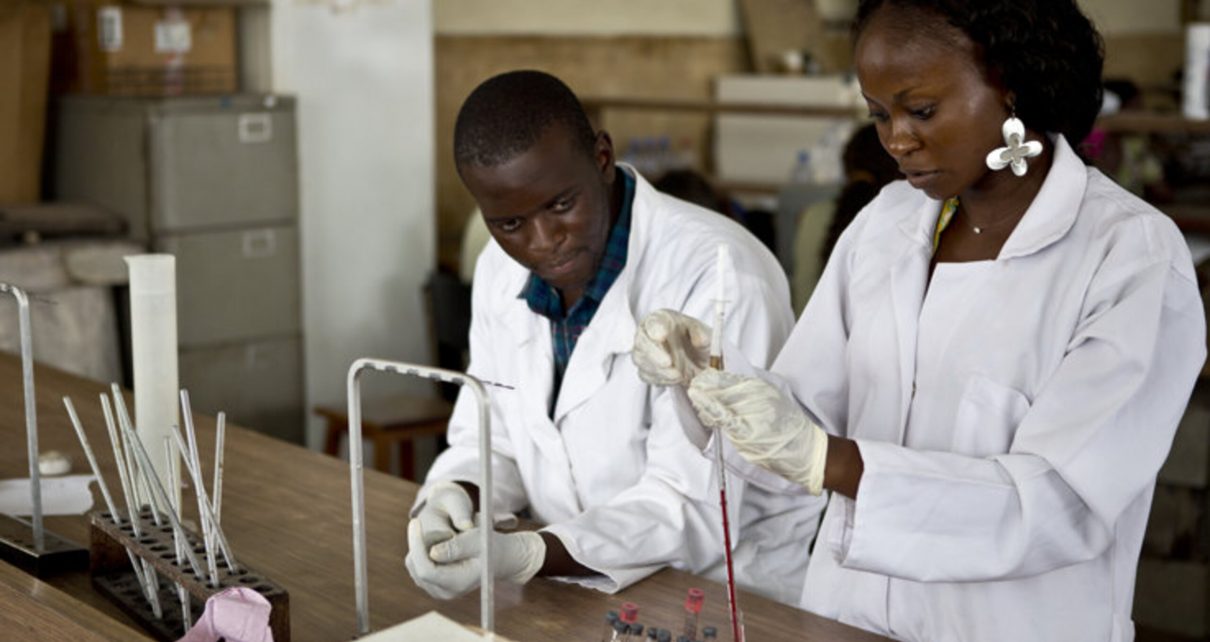The World Health Organization (WHO) reports that as more people continue to travel to wealthier nations in quest of better-paying professions, there is a critical shortage of health personnel in more than 55 countries.
They continue to look for higher-paying jobs in developed countries that have increased efforts to hire them in light of the COVID-19 outbreak.
37 countries on the continent of Africa are experiencing a lack of health workers, according to WHO, making them the most severely affected by the situation.
“Health workers shortage have threatened their chances of achieving universal health care by 2030 – a key Sustainable Development Goals pledge.’’
The WHO alert, among other locations, scrutinises the deeds of wealthy nations that are members of the Organisation for Economic Cooperation and Development (OECD).
Dr. Jim Campbell, the Director in charge of WHO’s health worker policy, said in a statement on Tuesday that Africa has a very dynamic economy that is opening up new opportunities.
“The Gulf States have traditionally been reliant on international personnel and then some of the OECD high-income countries have really accelerated their recruitment and employment to respond to the pandemic and respond to the loss of lives, the infections, the absences of workers during the pandemic”.
WHO has released an updated health workforce support and safeguards list, which emphasises countries with inadequate numbers of competent health care personnel, to assist countries in protecting their fragile healthcare systems.
“These countries require priority support for health workforce development and health system strengthening, along with additional safeguards that limit active international recruitment,” the WHO insisted.
The WHO Director-General, Dr. Tedros Ghebreyesus, urged all nations to abide by the guidelines in the WHO health workforce support and safeguards list in order to support the push for universal healthcare for all nations in accordance with the SDGs.
“Health workers are the backbone of every health system, yet 55 countries with some of the most fragile health systems in the world do not have enough, and many are losing their health workers to international migration,” he continued.
Although many nations adhere to the current WHO regulations for the hiring of healthcare professionals, WHO issued a warning that the idea is not universally embraced.
“What we are seeing is that the majority of countries are respecting those provisions (by) not actively recruiting from these (vulnerable) countries,” Campbell said.
“But there is also a private recruitment market that does exist and we’re looking to them to also reach some of the global standards that are anticipated in terms of their practice and behaviour.”
The WHO official said there are also mechanisms in place for governments or other parties to alert the organisation if they are “worried” about the conduct of recruiters.
The WHO health workforce support and safeguard list does not forbid foreign hiring, but it does advise governments involved in such programmes to be aware of the effects on the health system in the nations from which they source competent health professionals.


